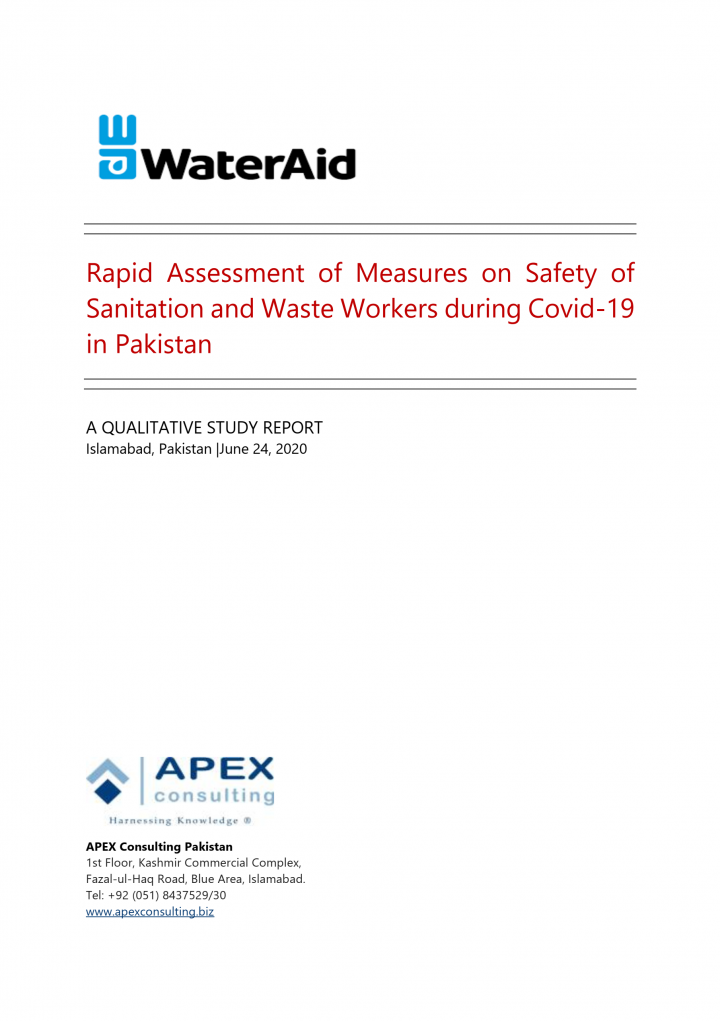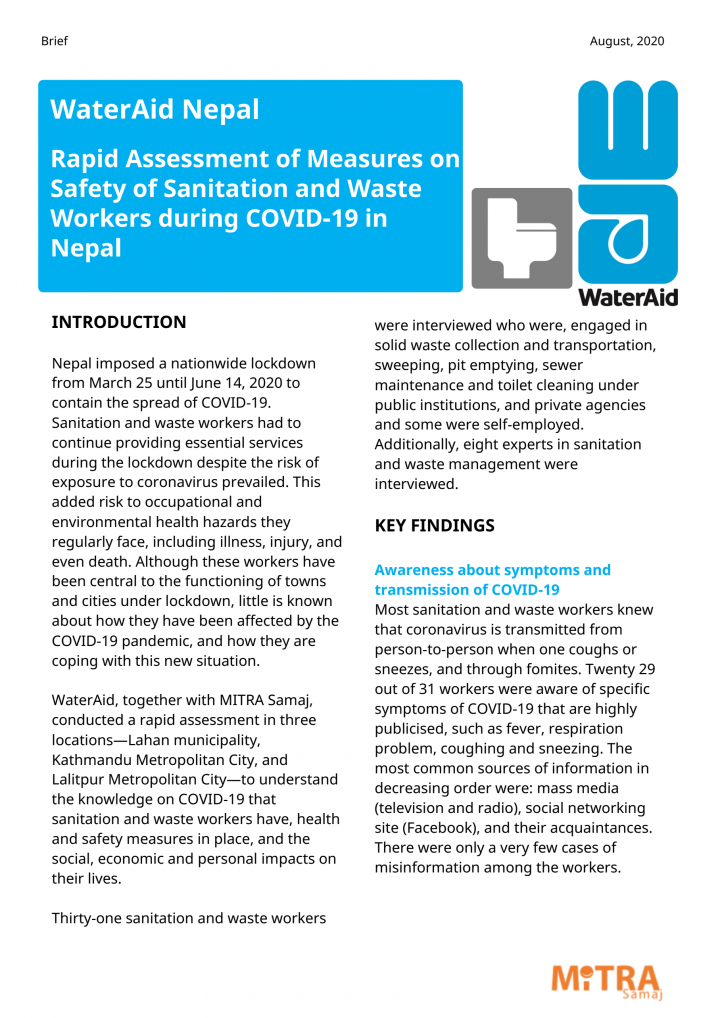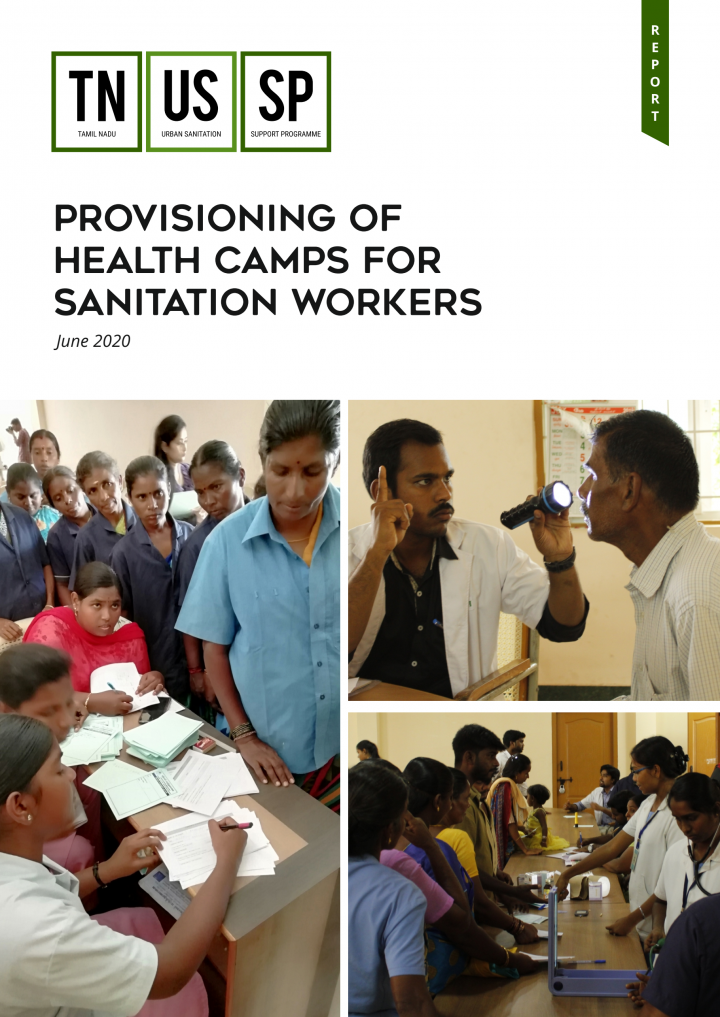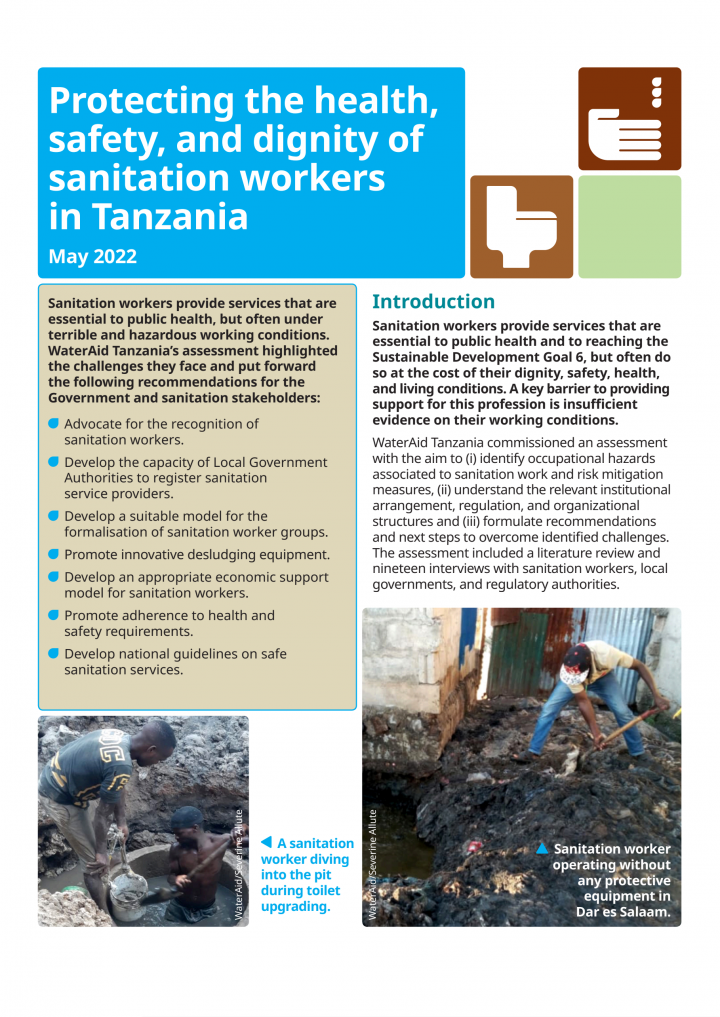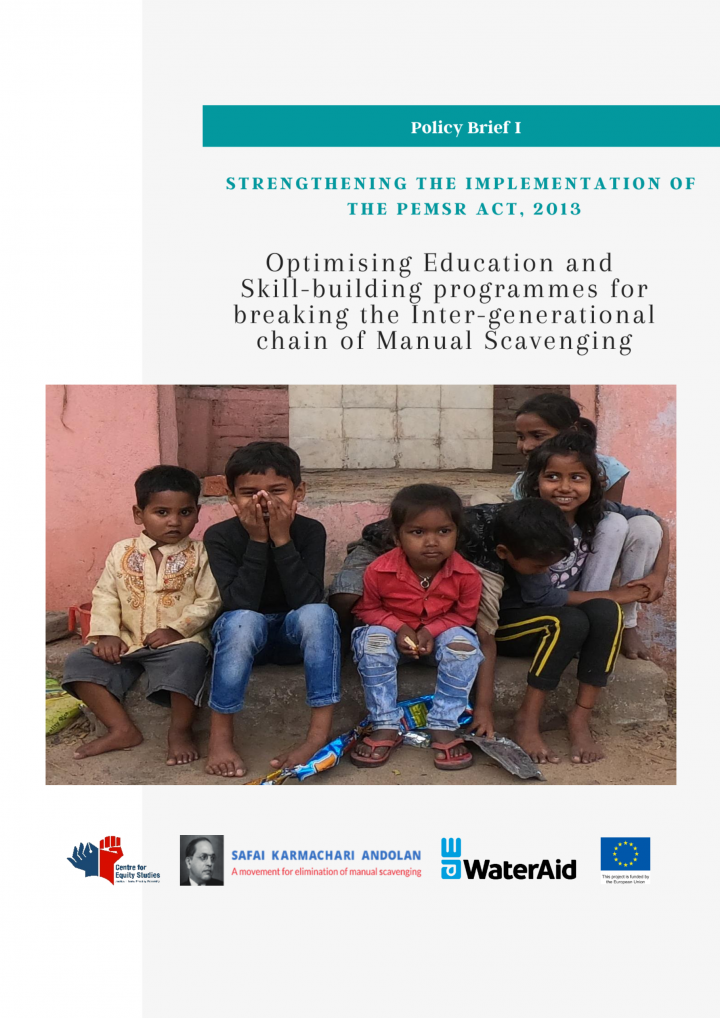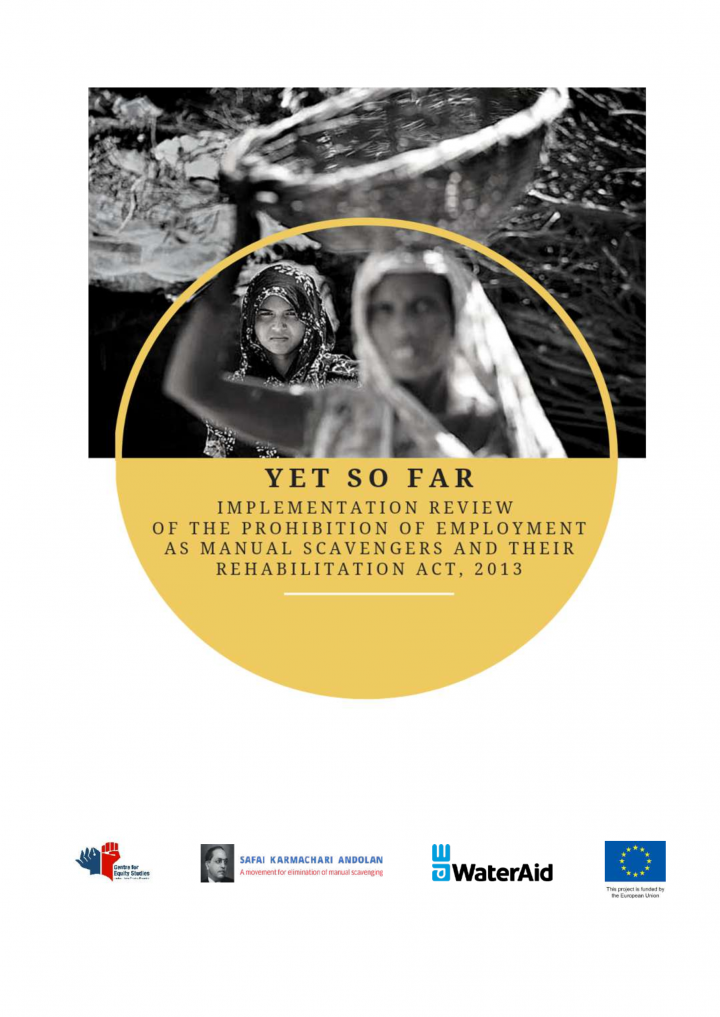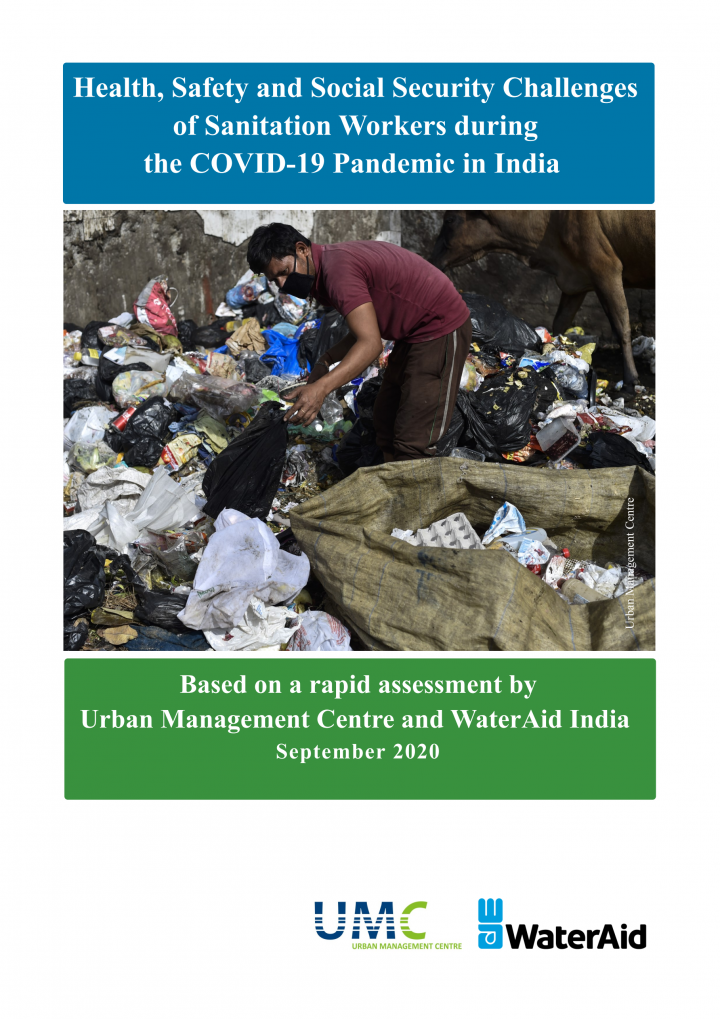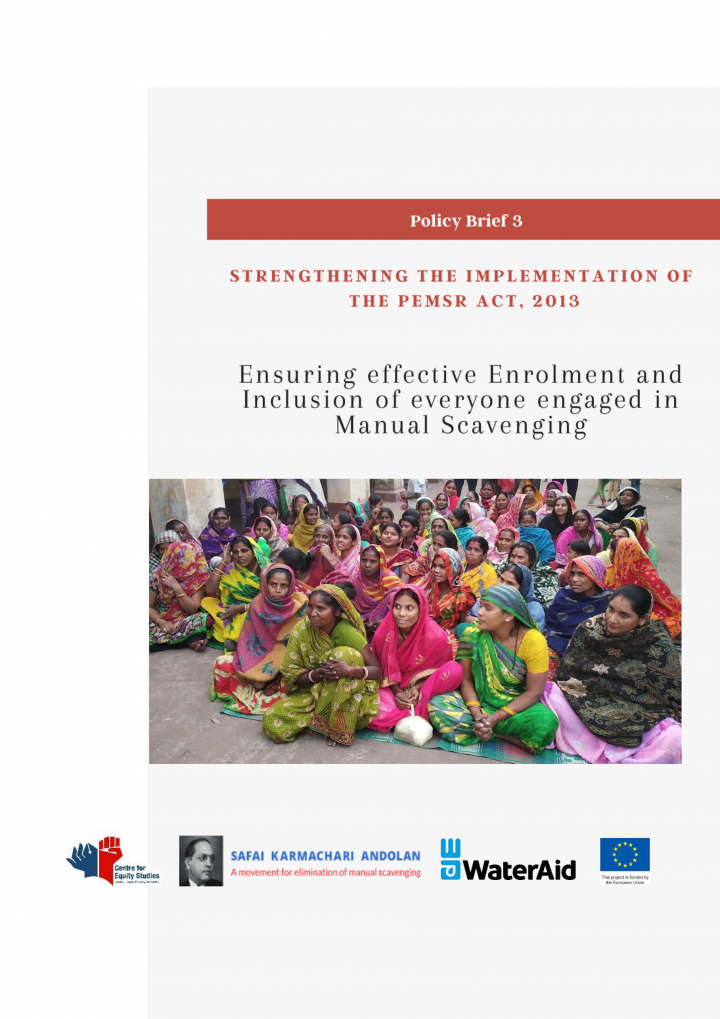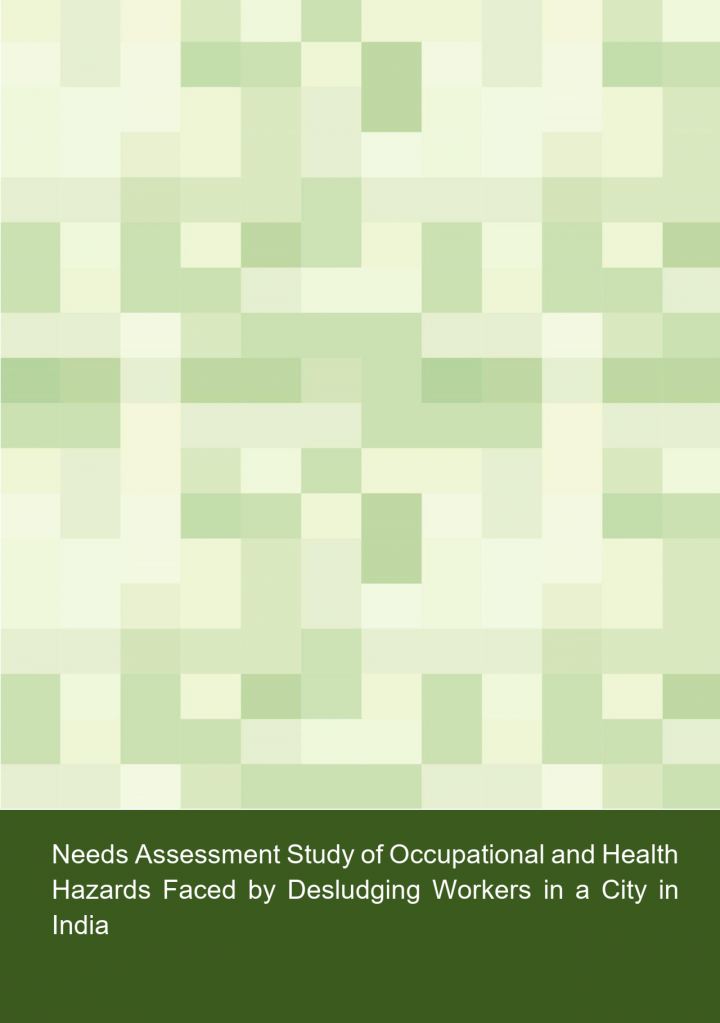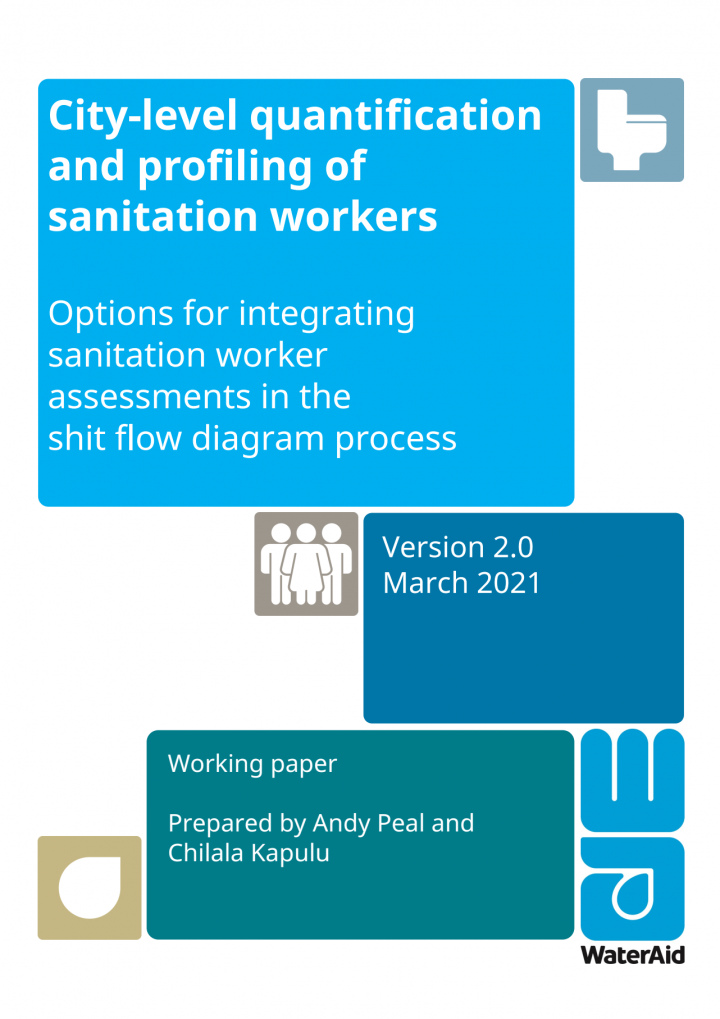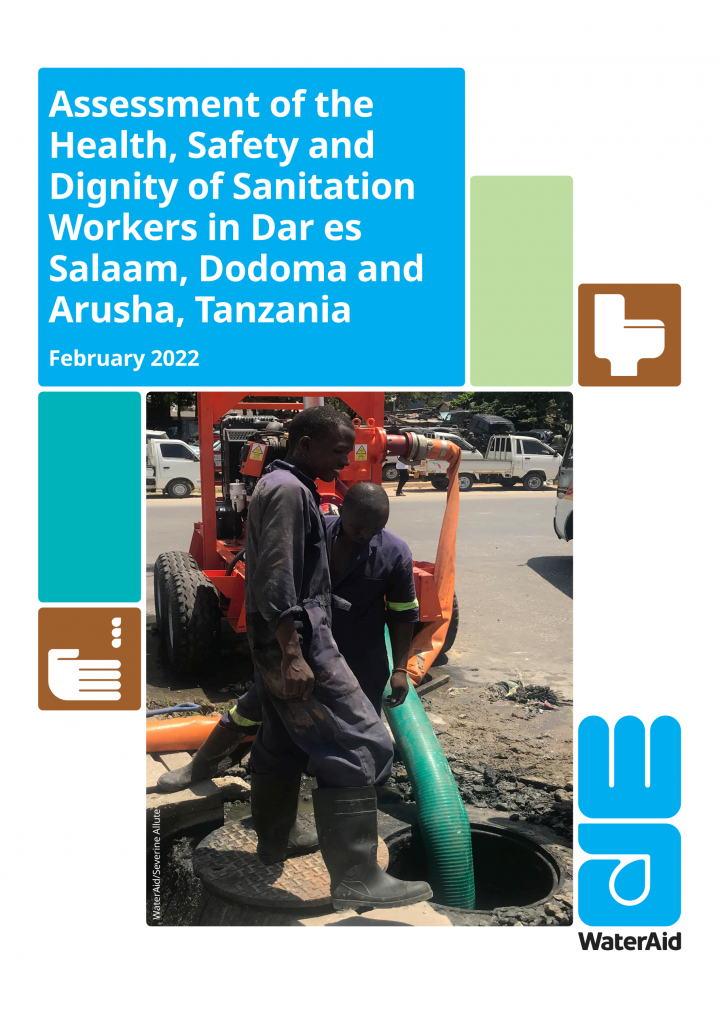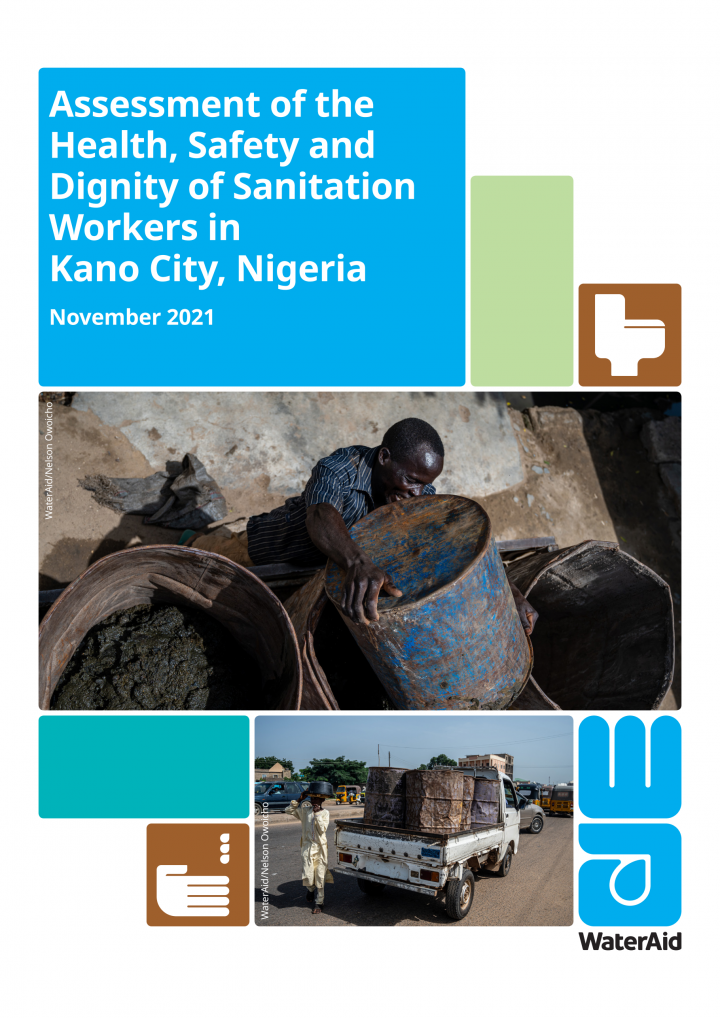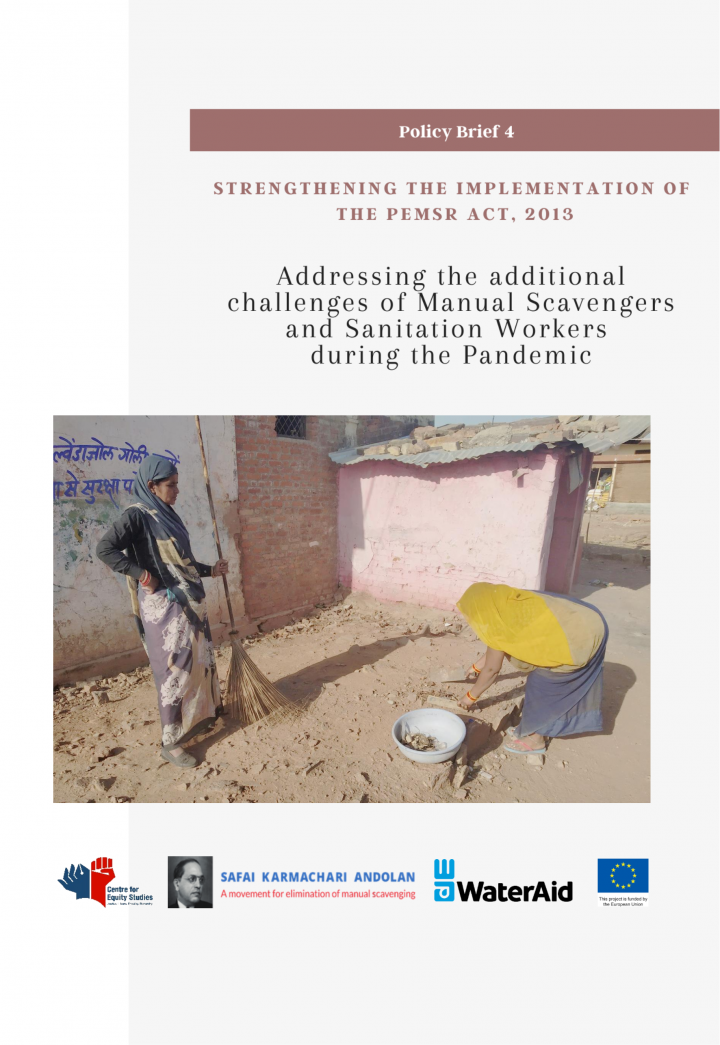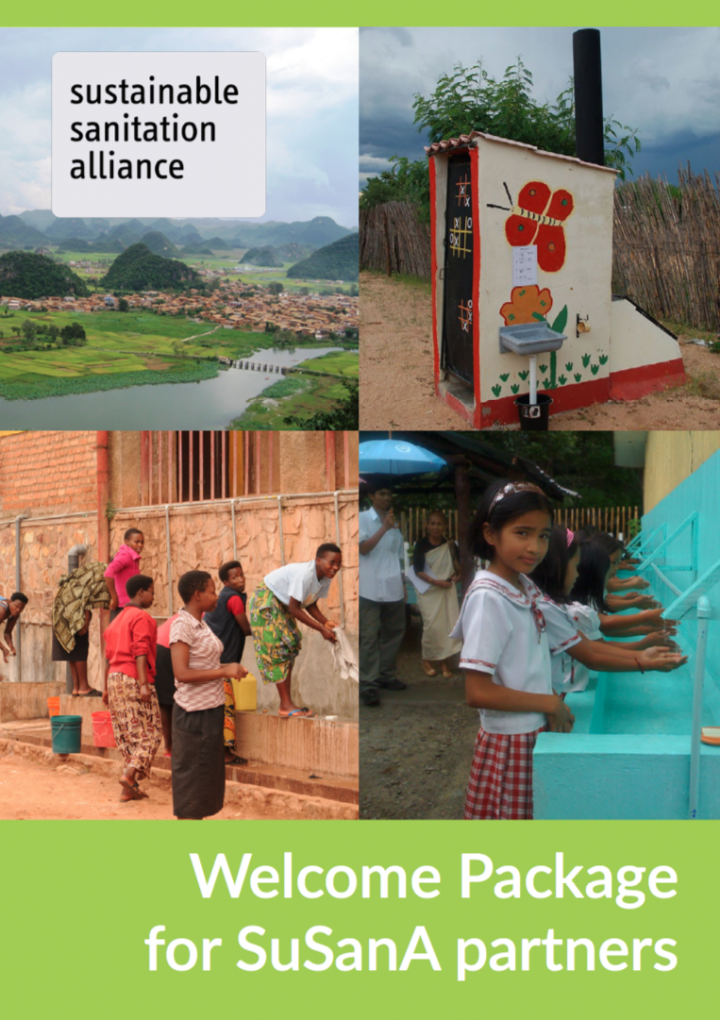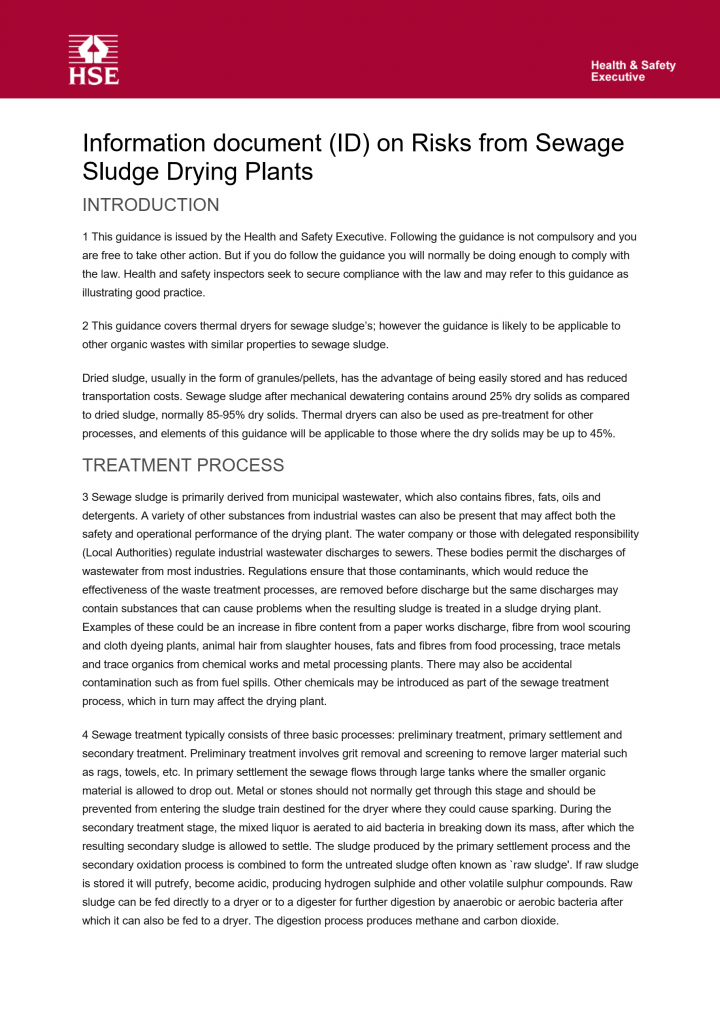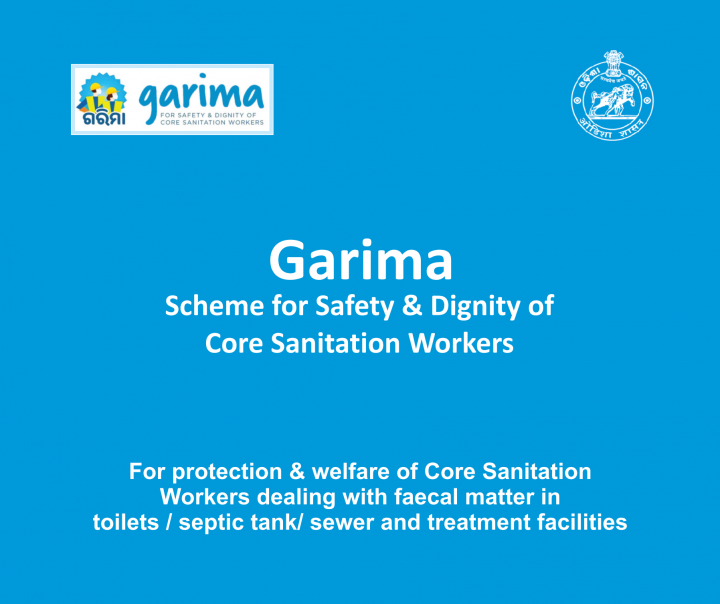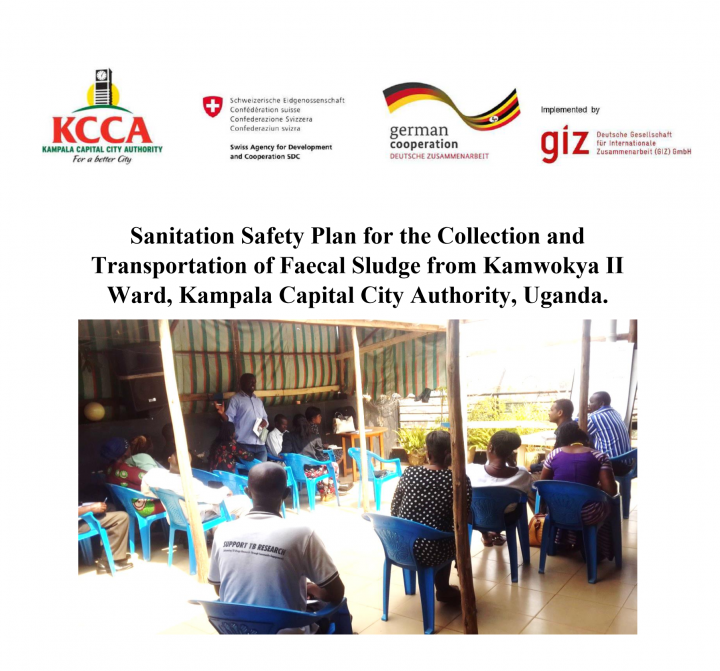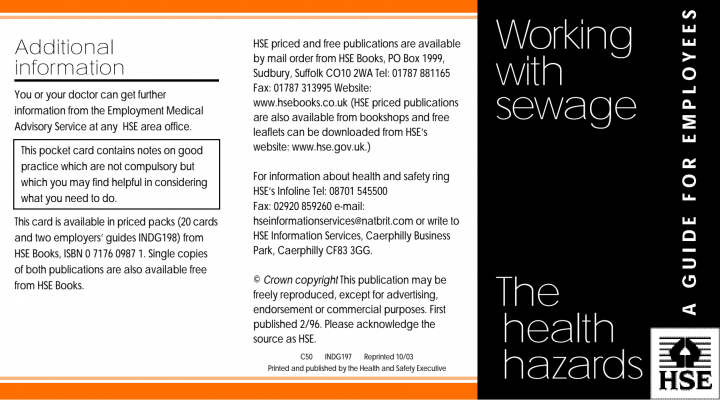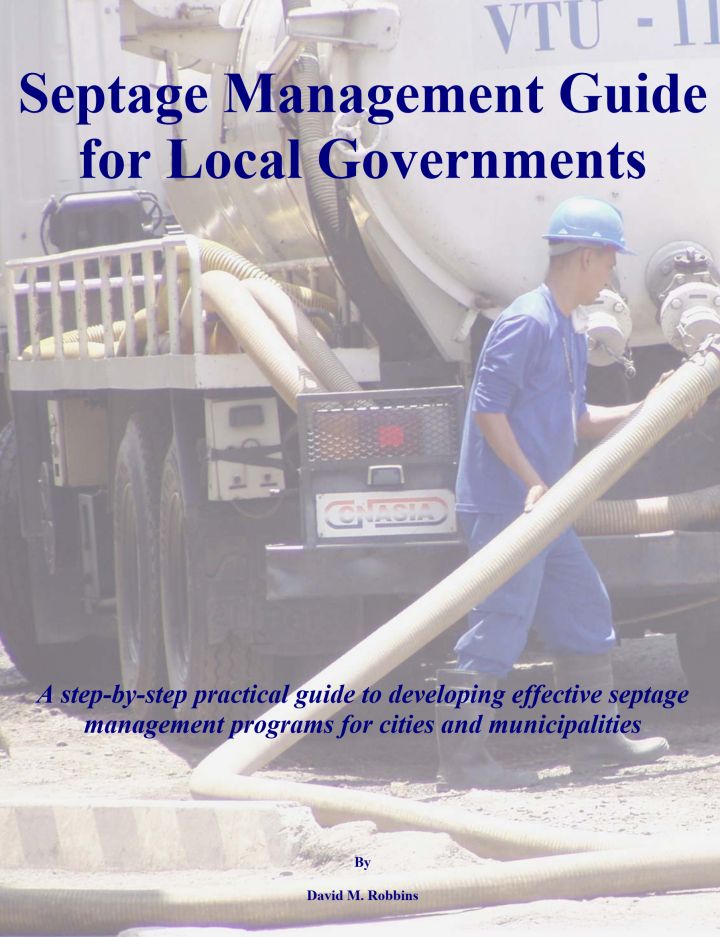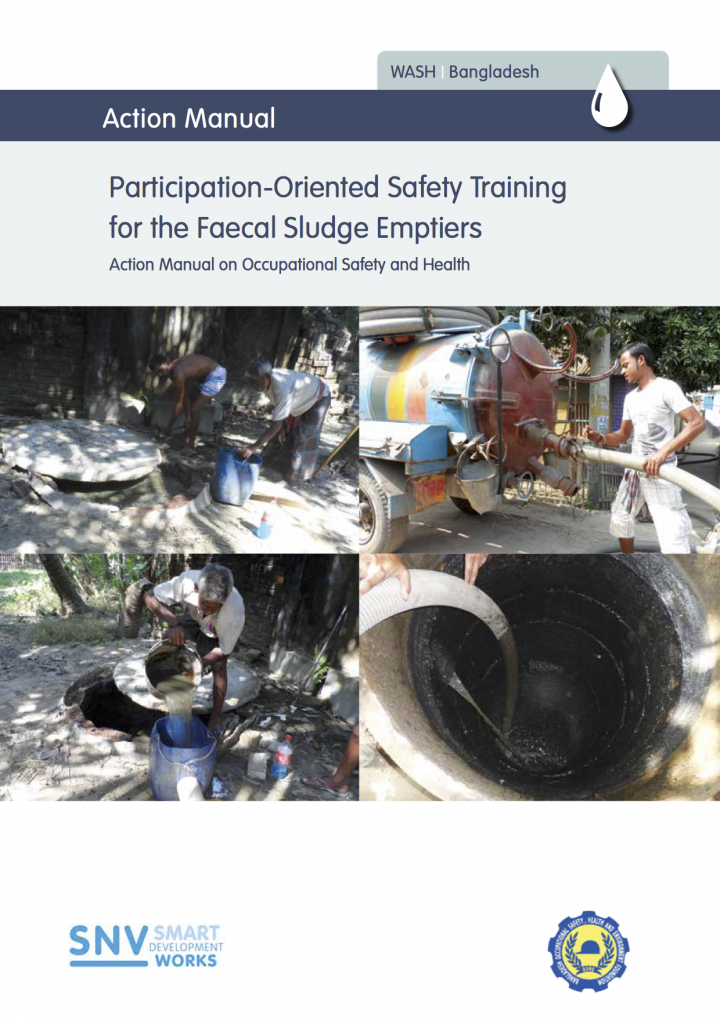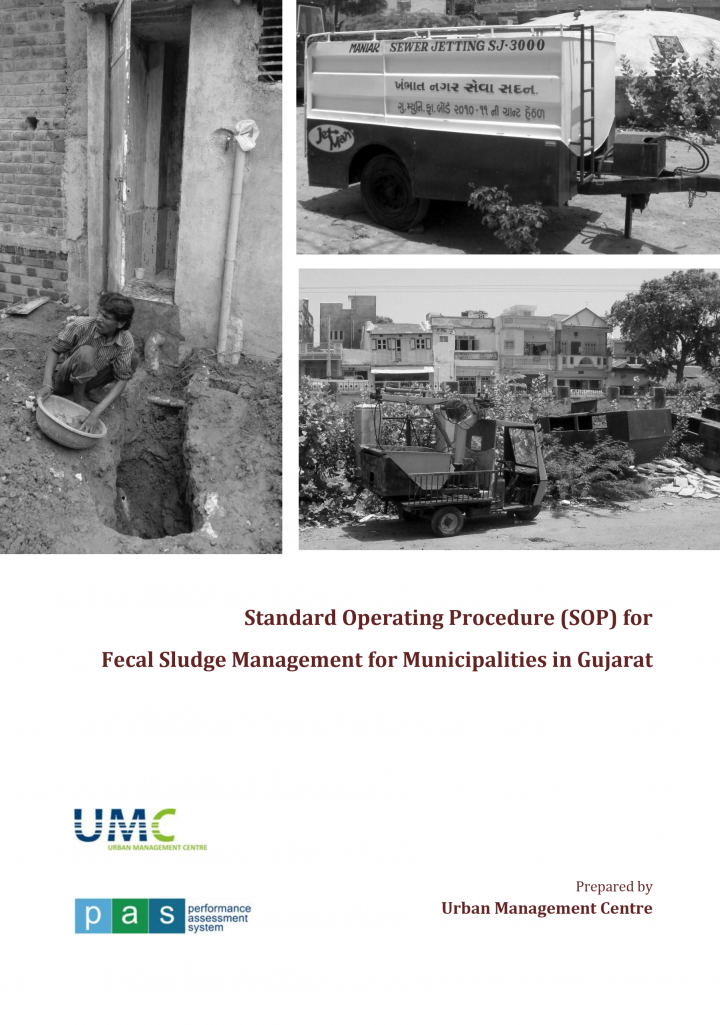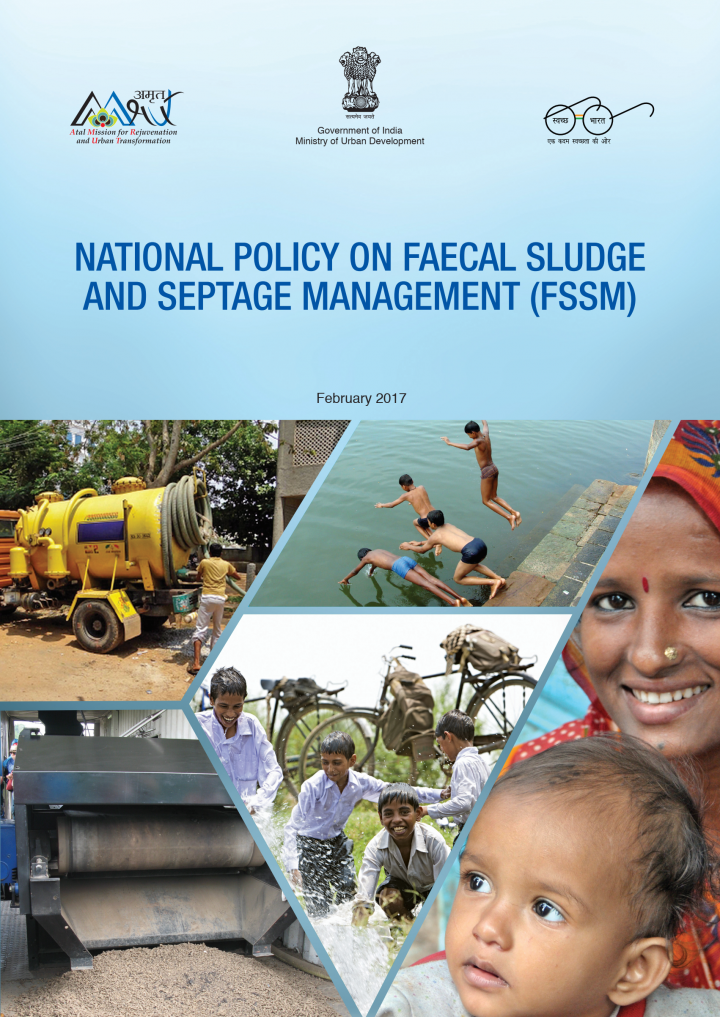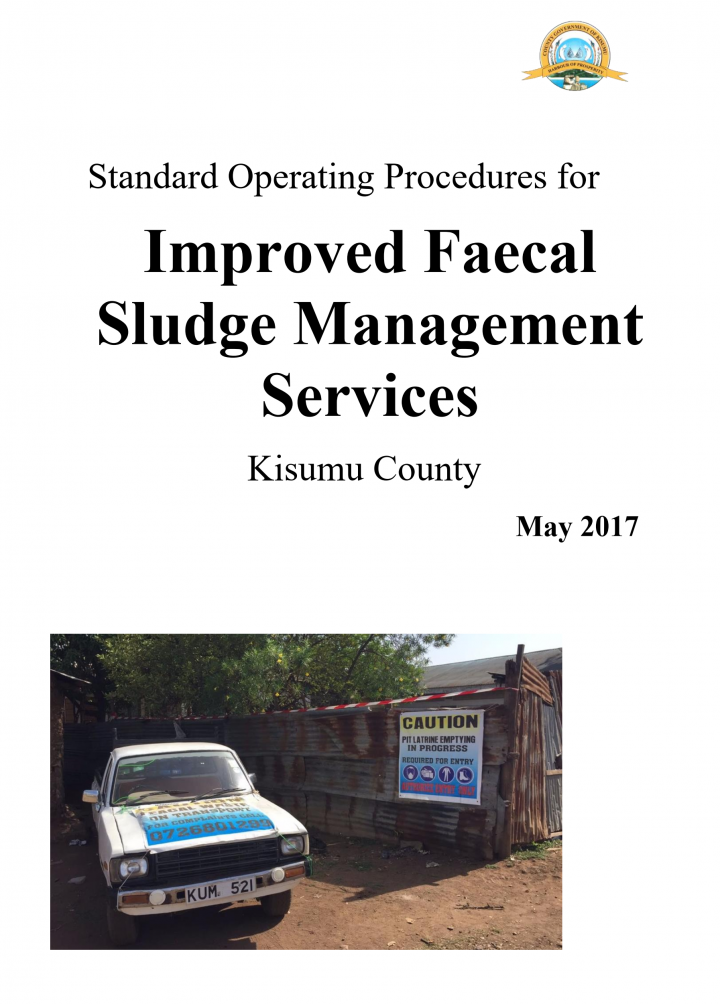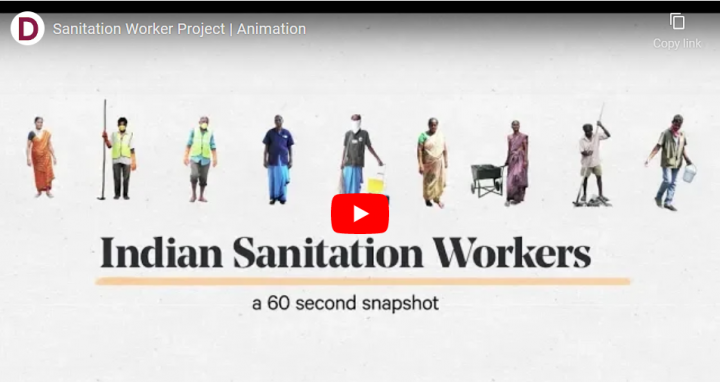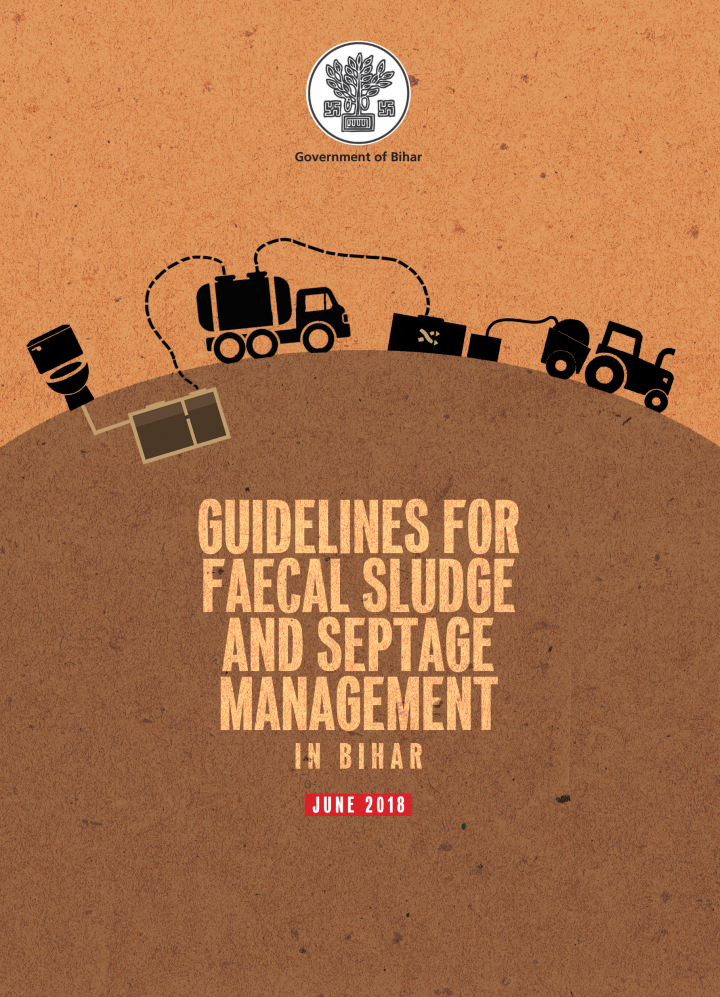Searching for information on Sanitation Workers?
The Sanitation Workers Knowledge + Learning Hub is the best source for all current news, trends, articles and updates on sanitation workers rights around the world.
WaterAid Pakistan commissioned this rapid assessment research on the knowledge, practices and perspectives of sanitation workers and solid waste collectors about Covid-19 pandemic in Pakistan. The specific objectives of research were to understand the knowledge, practices and concerns of sanitation and waste workers regarding coronavirus, and; to find out the gaps and come up with recommendations …
Nepal imposed a nationwide lockdown from March 25 until June 14, 2020 to contain the spread of COVID-19.
Sanitation and waste workers had to continue providing essential services during the lockdown despite the risk of exposure to coronavirus prevailed. This added risk to occupational and environmental health hazards they regularly face, including illness, injury, and even death. Although these …
The Tamil Nadu Urban Sanitation Support Programme (TNUSSP) has been supporting the Government of Tamil Nadu (GoTN) in achieving total sanitation in the state, and are demonstrating innovations in two model urban locations – Tiruchirappali Corporation, and Periyanaicken-palayam (PNP) and Narasimhanaicken-palayam (NNP) town panchayats. The Bill and Melinda Gates Foundation (BMGF) is supporting …
Sanitation workers provide services that are essential to public health, but often under terrible and hazardous working conditions. WaterAid Tanzania’s assessment highlighted the challenges they face and put forward the following recommendations for the Government and sanitation stakeholders:
• Advocate for the recognition of sanitation workers.
• Develop the capacity of Local …
The Preamble to the Indian Constitution secures to all citizens of India equality of status and opportunity. Equality of opportunity means to give equal chance to every individual for the development of his/her capacity.
Education is a Fundamental Right under Article 21 (A) of the Constitution of India. The Constitution of India under Directive Principles as well as Fundamental Duties also …
There are twin tragedies that are involved in the continued prevalence of manual scavenging in our society. And one tragedy makes the other more tragic. Firstly, it is unfortunate that a country which boasts to be the world’s biggest democracy is still impervious to the fact that we have allowed people (largely women) to be involved with the practice of manual scavenging and cleaning of sewers, …
While sanitation workers already face several health and safety risks, financial challenges and stigma due to the nature of their work and caste-based discrimination, the COVID-19 pandemic has further added to their challenges and vulnerabilities. The Urban Management Centre and WaterAid India jointly conducted a rapid assessment to understand the health, safety and social security challenges …
In the 64th year of the Republic the nation, it was recognized formally through a legislative act, for the second time after the initial 1993 act, that the “dehumanising practice of manual scavenging, arising from the continuing existence of insanitary latrines and a highly iniquitous caste system” that “still persists in various parts of the country” needs to be eradicated and those in …
Safe collection, handling and transport of fecal sludge is an integral part of septage management. Limited attention has been paid to the safe collection, transport, disposal and treatment of human excreta from septic tanks. Motorised emptying and transport involves a truck with a standalone or mounted vacuum pump along with a storage tank that is used to empty and transport septage. Typically, …
This report presents options for how to carry out a quantification and profiling through assessments of workers at city level. The report contains the suggested scope for a sanitation worker assessment, the dimensions to be assessed, questionnaires that could be used to generate data on these different dimensions, and possible options for presentation of both quantitative and qualitative data. …
Sanitation workers provide an essential public service to reach Sustainable Development Goal 6.2, but often at the cost of their dignity, safety, health, and living conditions. A key barrier to providing support for this profession is the insufficient data on sanitation workers and their work environment. As such, the aim of this assessment was to explore opportunities to support sanitation …
Sanitation workers provide an essential public service to reach Sustainable Development Goal 6.2, but often at the cost of their dignity, safety, health, and living conditions. A key barrier to providing support for this profession is the insufficient data on sanitation workers and their work environment. As such, the aim of this assessment was to explore opportunities to support sanitation …
Sanitation workers in India, usually belonging to the most vulnerable and marginalized caste groups and communities, had already been facing several challenges including health risks, low and irregular wages, financial struggles, societal discrimination, and lack of access to social security measures. The COVID-19 pandemic resulted in additional struggles for them, as some of them were required …
This document will show you everything you need to know about the SuSanA platform and all the resources that it offers including:
- The SuSanA partner profiles,
- Discussion forum
- Working groups
- Social media
- Thematic Discussions
- Hosting of SuSanA events
- Online library
- SuSanA newsmail
In the file download section below you will find:
- The Welcome Package for new …
1 This guidance is issued by the Health and Safety Executive. Following the guidance is not compulsory and you
are free to take other action. But if you do follow the guidance you will normally be doing enough to comply with
the law. Health and safety inspectors seek to secure compliance with the law and may refer to this guidance as
illustrating good practice.
2 This guidance covers …
This Scheme is introduced to ensure that core sanitation services undertaken in urban areas of Odisha is done in a safe and dignified manner and shall come into force from the date of its notification and continue until further orders The Scheme will be implemented by the Housing & Urban Development Department through the 114 Urban Local Bodies of Odisha.
Sanitation issues are some of the most significant development challenges for Kampala City, Uganda. Like many other capital cities in developing countries, Kampala is experiencing rapid population and economic growth. However, provision of key services including adequate sanitation for the city population has not been in tandem with these developments. Kampala Capital City Authority (KCCA) with …
The direct relationship between diseases such as cholera, hepatitis and dysentery and the unrestricted discharges of residential sewage is well documented. The septic tank is a simple device and when designed, installed, and operated properly, can serve as the first step in the sewage treatment process, which transforms human waste into a manageable effluent. Effluent can be further treated, …
The broader objective of the Participation Oriented Safety Training (POST) manual is to support emptiers and employers involved in this field to improve their knowledge of occupational health and safety in both manual and mechanical operations. The present training manual aims to address the risks involved in faecal sludge handing and emptying operations through the implementation of …
According to Census 2011, India’s urban population is 377 million or 31% of the total population, which is expected to increase to 600 million by 2031. The Census 2011 also showed that in 4,041 statutory towns, 7.90 million households (HHs) do not have access to toilets and defecate in the opena1. Under the Swachh Bharat Mission (SBM), it is envisaged that nearly 80% of these 7.90 million HHs …
Faecal sludge management (FSM) involves the collection, transport, safe treatment and disposal of the full contents of an on-site sanitation system e.g. a pit latrine, or a septic tank. To manage the contents appropriately; the sludge, the water and the solid waste within the containment system must be appropriately treated and disposed of.
In Kisumu, approximately 75% of household sanitation …
The Sanitation Workers Project is a structured, first-of-its-kind 5-month long study of sanitation workers across India carried out by Dalberg Advisors in 2017.
The state of sanitation workers remains a blind spot, as workers face significant challenges on multiple fronts – financial, health and social. To develop a blueprint with solutions for this murky problem, we interacted with all the …
According to Census 2011, Bihar reported 11.67 million urban population i.e. 11.25% of total population of state, dwelling in 199 urban centers (which accounts 3.14% of total urban population of country). The state has 143 statutory towns and 56 census towns. The state has 143 urban local bodies(ULBs) including 12 Municipal Corporation (Nagar Nigam), 46 Nagar Palika Parishad and 85 Nagar …

